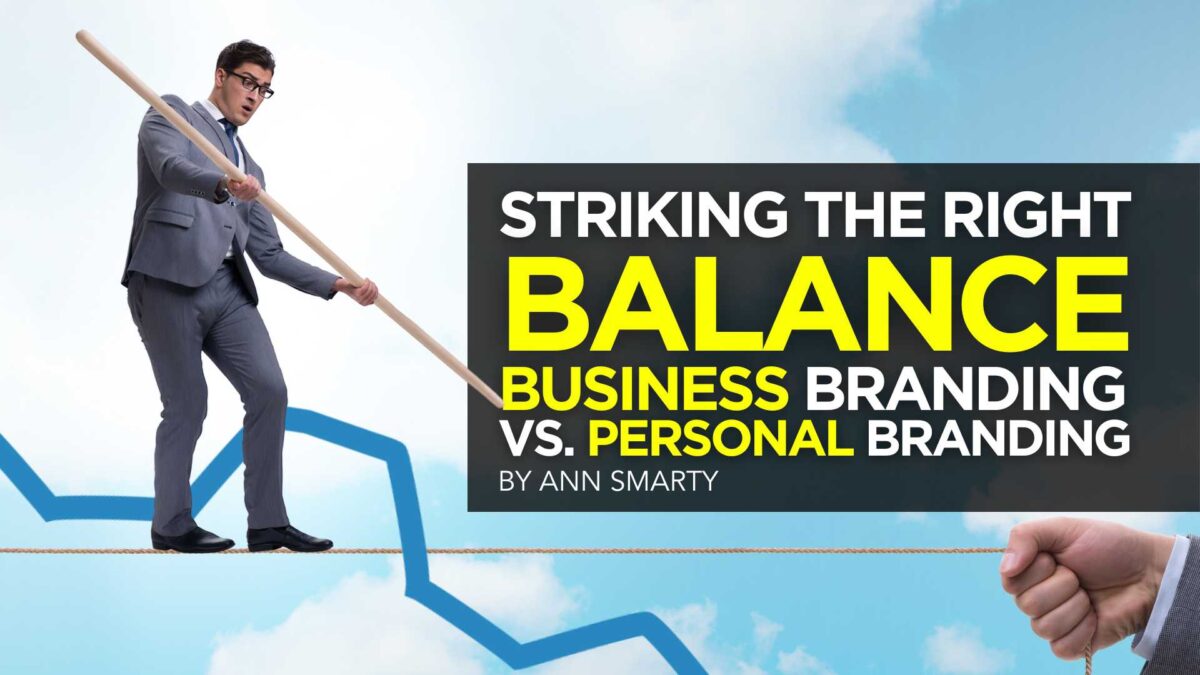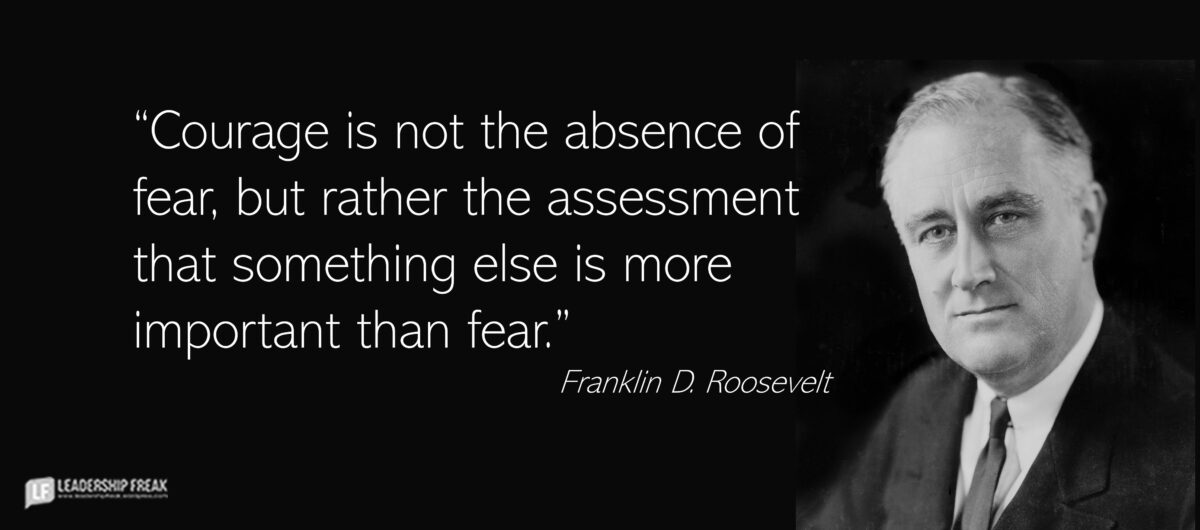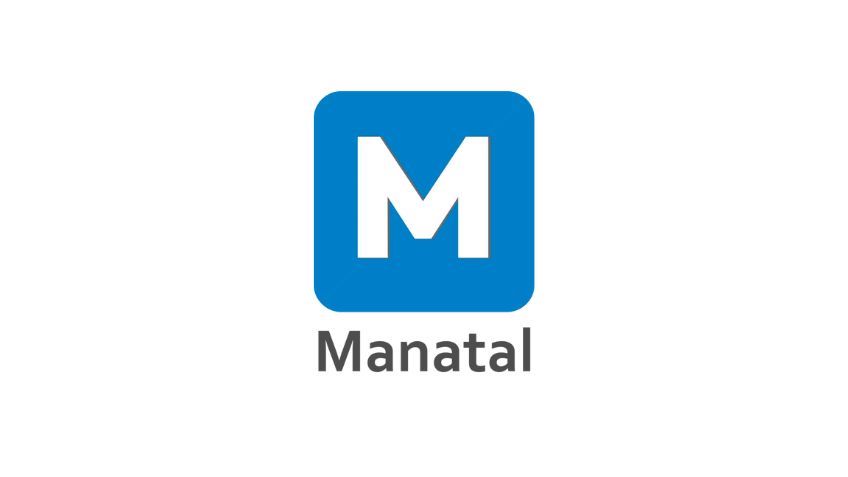

Businesses come and go. But your personal name, that’s another matter altogether. In the social business world, your name can be leveraged as your personal identifier across myriad social media sites as well as your monetized business brand.
In creating a new business or online presence, one of the toughest decisions you may make is whether to establish your social business brand by your personal name or a fictitious “DBA” identity, such as a catchy word, phrase, or slogan.
It’s hardly a trivial decision, especially considering your online identity eventually will sprout hundreds if not thousands of backlinks which will need to be well-tended if you decide to do a digital makeover at a later date.
Confused on what to do? Join the club. Do you drop whatever you are doing right now, rush over to GoDaddy, and immediately reserve your-personal-name-dot-whatever, or stake your branding claim on a hot potential digital DBA?
Luckily others have already been down this path. They can offer a variety of business perspectives and advice on the question of building a business brand based on a personal name vs. a domain that can grow and expand into a free-standing business that extends beyond the individual and might someday deliver a lucrative buyout offer that tracks with a business plan exit strategy.
From Startup to Digital Enterprise: DBA Scales
The biggest advantage to going DBA or brand versus your name is that the blog/brand/company can evolve into something much bigger and more valuable than one person’s perspective.
It can grow into a company, media outlet, etc., that can be monetized, bought, sold and so on. Mashable has grown into a powerful media outlet. It wouldn’t have done that if it were just its founder’s personal name, as an example.
The Business Persona and the Person
If you work for another business, you’ll have to consider the delicate balance of marketing your personal brand alongside your business.
I started out with a blog name that combined the industry and my own name (SEO and Smarty). I’ve certainly thought about the potential for a more topic-focused name over the last few years, but ultimately this started out as something for me, to explore my interests and help me learn, and I’ve been thoroughly happy with the way that it has worked out.


You’ve Been Taught SEO ALL WRONG
Become a Certified Search Marketing Specialist and Start Boosting Your Sales by Attracting and Converting Your Ideal Leads Everywhere They Are.
What if your business fails? The hard facts are that, depending on the study, 50-60 percent of new businesses close in the first year; upwards of 80-90 percent go under within five years. You can dispense with a DBA given a few forms and some signatures. Not so easily done if your brand is your personal name and now…










